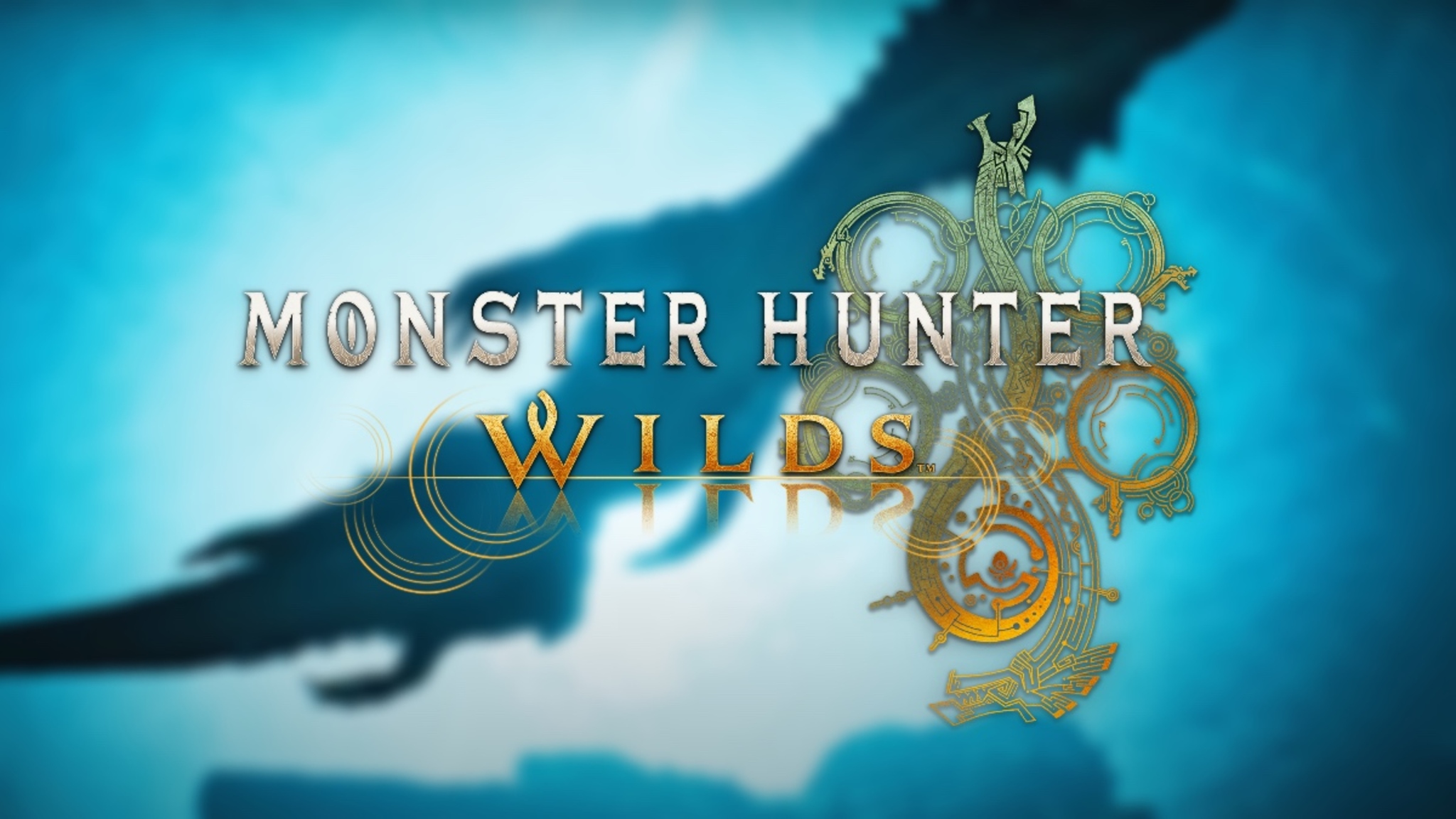Monster Hunter Wilds Version 1.020 patch notes bring Lagiacrus & Seregios to the hunt

The mythical Leviathan and the Thousand-Claw Wyvern make a comeback with Title Update 2 for #MHWilds, available now!
Look forward to:
🌊 Lagiacrus
🩸 Seregios
⚔️ Layered Weapons
Upcoming events include:
– Festival of Accord: Flamefete seasonal event
– Arch-tempered Uth Duna & Fender Special Collaboration Event Quests!

